Veterinary Video Endoscope: High-Definition Internal Visualization for Diagnostics
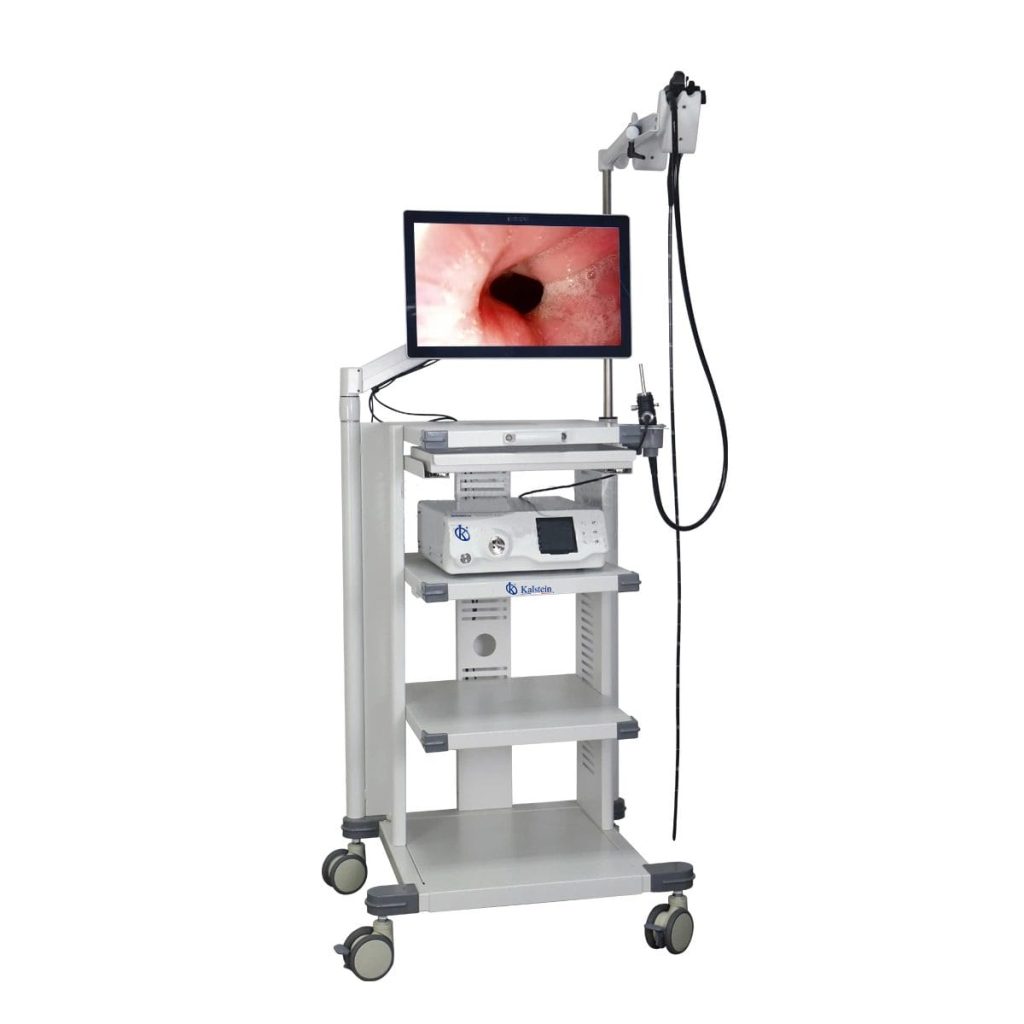
The KALSTEIN Veterinary Video Endoscope is a high-precision tool designed to provide clear, detailed visualization of the animal’s internal structures, allowing precise diagnoses in a wide range of cases. This advanced equipment is essential for veterinarians to examine respiratory tracts, the digestive system, and other internal organs without invasive procedures, benefiting both the patient and […]
Advanced Technology in Veterinary Autoclaves: Guarantee of Hygiene and Reliability
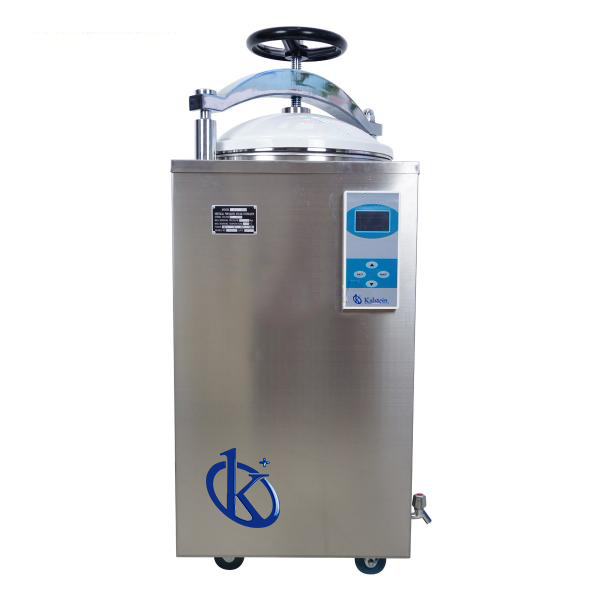
The use of veterinary autoclaves is fundamental in any clinic or hospital that treats animals. Proper sterilization of instruments and materials is essential to ensure hygiene and safety in medical procedures. In this article, I will tell you about veterinary autoclaves, their features, available models, and how they compare to other brands in the market. […]
Medical Transfer Stretchers: Safe Mobility in Critical Situations

Medical transfer stretchers are a fundamental component in hospital and emergency environments. These stretchers not only ensure efficient and safe mobility for the patient but also allow medical professionals to perform necessary maneuvers in critical settings. With ergonomic designs and specialized features, transfer stretchers offer a practical solution for various medical scenarios. Kalstein, a renowned […]
Laboratory Consumables for Greater Quality and Precision in Every Scientific Process
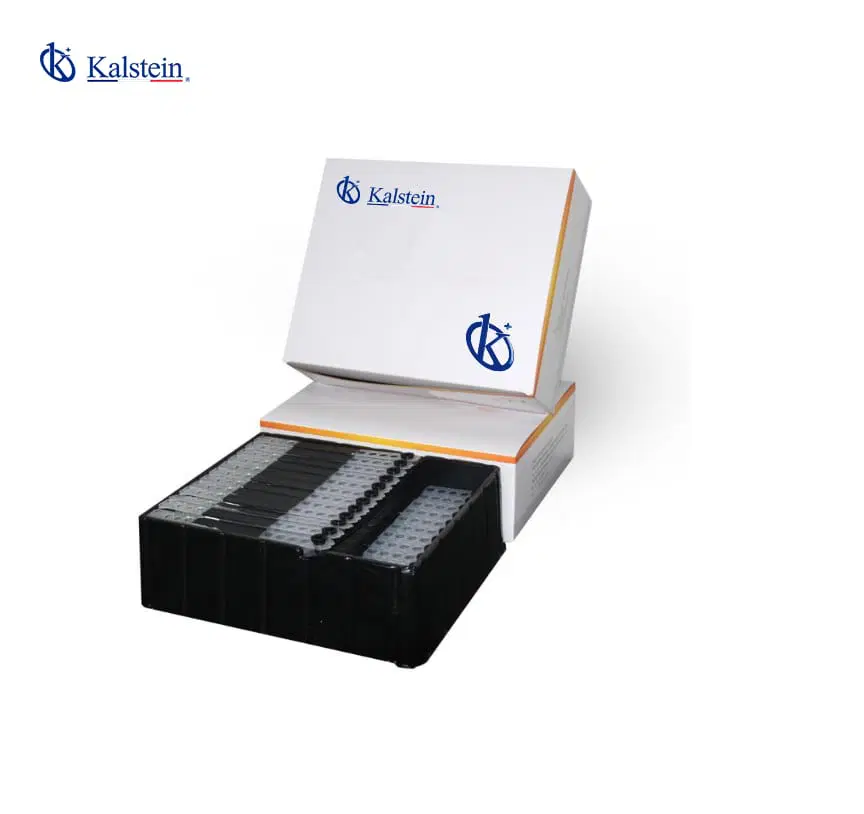
Laboratory consumables play a crucial role in the accuracy, efficiency, and quality of results in any scientific environment. These products, often overlooked, are essential to ensuring that every test, experiment, or analysis is conducted with the utmost precision. As someone who has had the opportunity to work with a variety of high-quality consumables, I can […]
Ultrasonic Cleaner: Residue Removal with High-Frequency Vibration
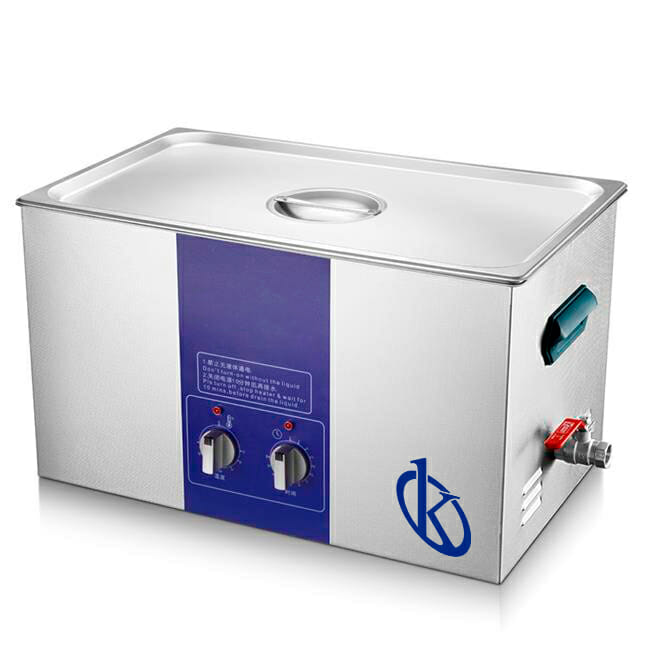
Ultrasonic cleaners are essential devices in laboratories and research centers that require thorough and efficient cleaning of instruments and samples. Using high-frequency vibrations, these devices generate ultrasonic waves in water or a specific cleaning solution, creating tiny bubbles in the liquid. This cavitation process produces enough energy to dislodge dirt, residues, or even microorganisms attached […]
Ice Maker: Efficiency and Purity in Ice Production for Laboratories

In a laboratory setting, one of the most fundamental pieces of equipment is the ice maker. This machine not only ensures a continuous supply of high-quality ice but also guarantees that the ice produced meets the necessary standards for use in critical environments, such as hospitals and laboratories. Having worked with several models of ice […]
Optimization and Safety in Animal Surgeries

Veterinary surgery is a field where precision and safety are crucial to ensure the well-being of animals. In this regard, Veterinary Operating Tables play a fundamental role. As someone who has tested and used these tables, I can affirm that the quality of a veterinary operating table makes a significant difference in both the surgical […]
Standing Wheelchair: Active Rehabilitation with Maximum Comfort

Mobility is a fundamental aspect of quality of life, especially for those facing mobility challenges. Standing wheelchairs represent a significant evolution in the field of rehabilitation, providing users with the possibility of experiencing greater independence and comfort. These chairs, designed with advanced technology, allow individuals to transition from a sitting to a standing position safely and efficiently, promoting circulation and reducing risks associated with prolonged immobility.
Intelligent Hemodialysis Machine: Innovation in Efficient Renal Treatments

Hemodialysis is a crucial part of chronic kidney failure treatment. Thanks to technological advancements, modern hemodialysis machines have evolved to offer greater efficiency, safety, and comfort for both patients and medical staff.
Ultra-Pure Water Purification Systems for Scientific Applications
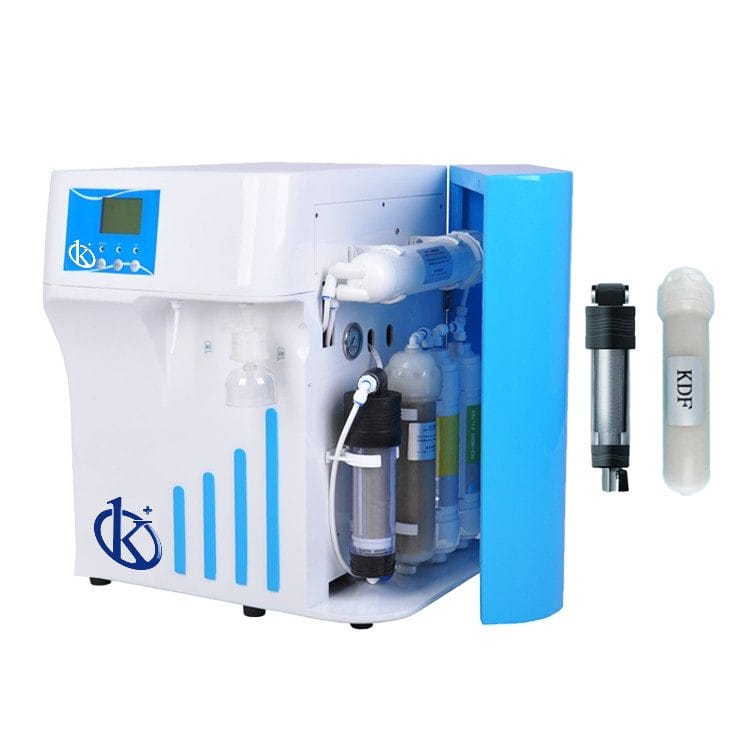
Water purification systems are essential for ensuring that laboratories have access to the highest quality water, free of impurities, and suitable for various scientific applications. In laboratory research and analysis, water purity is a critical factor that can directly affect experimental results. In this article, we will explore KALSTEIN’s water purification systems, their technical features, available models, comparisons with other brands, and much more.
